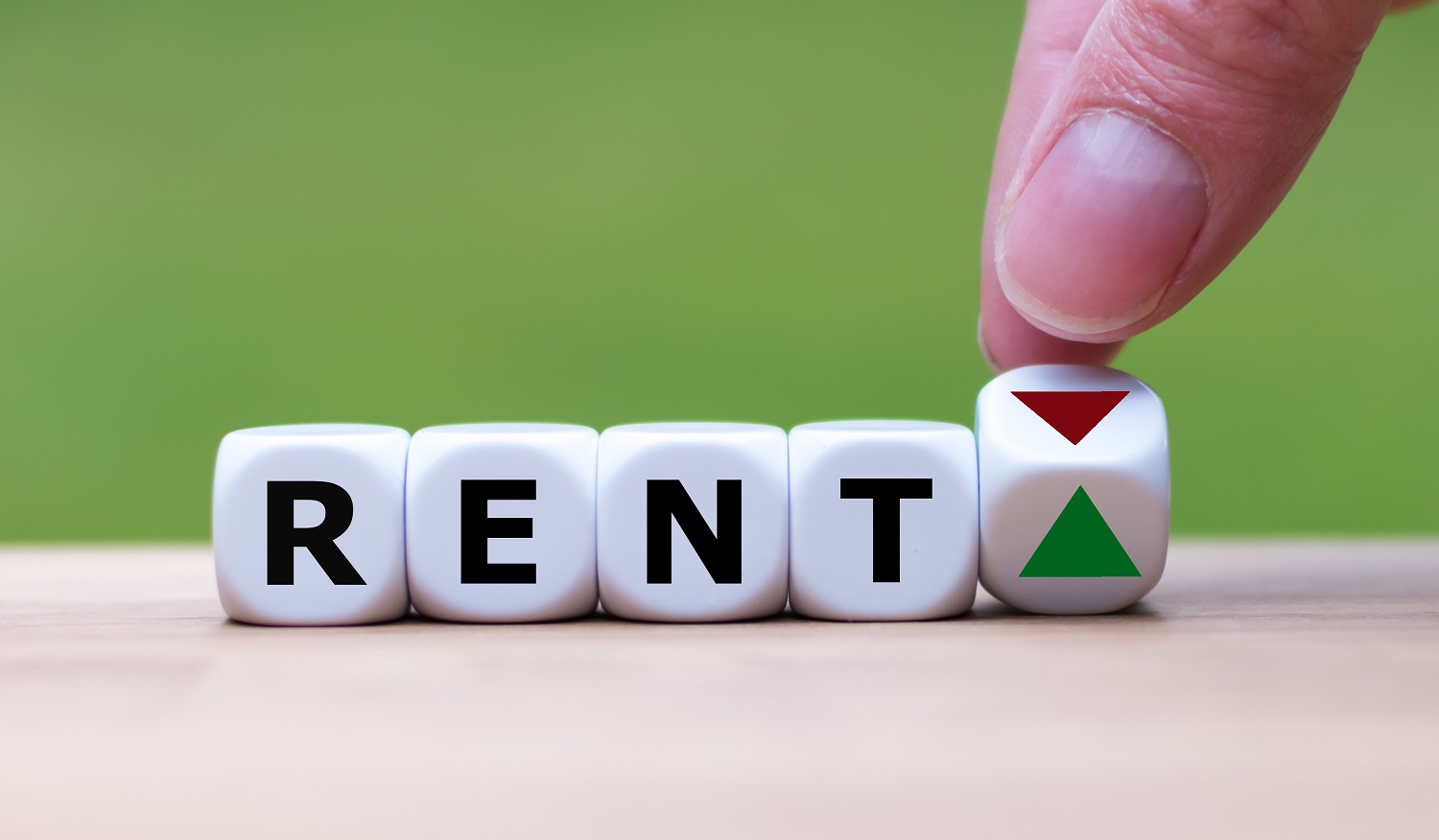If your tenants are punctual with rent, pay on time and look after the place, do you increase the rent and risk the tenant moving on? Or do you look after them and leave the rent as it is? What is the best course of action?
In this blog post, investment property manager Beau Miller from Beautique Realty and Marcus Westnedge from Capital Properties (that’s me!) give you the low down on how to decide whether it’s the right time to raise the rent.
On the go? Here’s 30 seconds of take outs:
- If your tenants are prompt payers who take good care of your property, it’s worth doing what you can to keep them. On the other hand, rent renewal is an opportune time to move on tenants that aren’t ideal.
- Each time a tenancy changes it costs more than you think. Think carefully about whether a rent increase will risk an unwanted change.
- Think about alternative options to raising the rent, like locking down tenants for longer periods or adding a rent review clause to the lease.
Keep reading >>
If your rent renewal is coming up on your investment property it could be a good time to raise the rents (and earn more money). But there are a few things you should consider before raising the rent.
Marcus: First, what’s a rent renewal?
Rent renewal
Beau: In case you didn’t know already, rent renewal is when a fixed term rental agreement has expired. At this point, the tenants may move onto a ‘periodic lease’ (month-by-month) or there may be scope to sign a new fixed term agreement. Either way, this could provide an opportunity to increase the rent.
Rent increase checklist
Before you increase the rent, here’s a handy checklist of questions to ask yourself first. We’ll go into more detail on each of these questions below.
1. Is the rent in line with the current rental market? Yes/No
2. Is there scope to increase the rents? Yes/No
3. Will the current tenants sign onto to a longer-term 12month lease? Yes/No
4. How punctual are the tenant’s payments? Very/Not very
5. Do the tenants take care of my property? Yes/No
6. Is the rental agreement at the end of a fixed lease? Yes/No
7. Can you put a rent review clause the new agreement? Yes/No
8. Is the rental increase an ‘Excessive rent increase’? Yes/No
Marcus: How do you work out if you are in line with the current rental market? / And if there is scope to increase the rents?
Beau: If you don’t know this already, this is a great question to ask your property manager! We’ll have the best local knowledge and can advise you if you’re in line with the market.
If you don’t have a property manager (It is highly recommended you do!), the second-best thing you can do is jump on realestate.com.au and search your suburb for other properties like yours. Looking at what’s available will give you an understanding of the lease price of similar properties and how many of these properties are on the market. You can also check out vacancy rates to get a sense of how the rental market is performing.
If your property is currently in line with other advertised properties and you put the rent up, your tenants may be inclined to give notice to vacate. This may cost you advertisement fees, and potential loss of rent until you find another tenant.
If it looks like you could increase the rent to be more in line with the market, the question now becomes by how much do you increase? You want to stay within what the market will allow. It is advisable to make smaller rental increases of between $5 – 15 per week to keep your tenants on longer-term leases.
Marcus: How do you encourage the current tenants sign onto to a longer-term 12-month lease?
Beau: Keeping your rent slightly below market, responding to maintenance requests in a timely fashion and being proactive when renewals are coming up will help encourage your tenants to sign-on for longer periods.
Reach out to your tenant before the lease is up to ask them if they want to renew. Even if you don’t get a response right away, it might get them thinking about their plans early so they can give you more notice.
Marcus: The punctuality of the tenants paying rent can have a big impact on investing what are your comments on this?
Beau: If your answer is ‘not very’ you might want to consider more severe late payment penalties.
Here are the steps you need to take when a tenant is behind with the rent:
- Check your lease documents and payment records
- Send a reminder letter of the overdue payment
- Get your property manager to call the tenants
- Offer payment options
- If you still haven’t received payment after these steps the property manager will need the serve a termination notice
If your tenants are great payers and always punctual then there could be unnecessary risk involved with increasing the rent. Sometimes it may be better to gauge feedback before you renew.
Marcus: A great question to ask is when considering a rent renewal – Do the tenants take care of my property?
Beau: If you answered no to this, ask yourself whether the tenants should be entitled to stay on. There are standards in the form of condition reports taken at the start and end of a lease agreement. Your tenants are obliged to keep the property in good condition.
A tenant who pays on time and looks after your investment property is one worth looking after. Generally speaking, if you’ve got a good thing going why rock the boat?!
Marcus: Can you put a rent review clause the new agreement?
In some states this cause in a rental agreement may be unusual. So, best to check with your property manager.
Marcus: How much can you increase the rent? Considering if the rental increase is an ‘Excessive rent increase’?
Beau: If tenants think a rent increase is excessive, they can negotiate with the landlord/agent to lower or withdraw the increase, and/or apply to the Civil and Administrative Tribunal for the specific state where the property is located for an order that the new rent is excessive.
So, what’s the uptake? If you have a good tenant, you’re better to hold onto them for as long as you can. Each time a tenancy changes it will cost you more than you think, and you’ll also be going back out to market in a competitive environment. Carefully consider the risks and costs before increasing the rent.
Get some experts around you to help you on your way: Pinnacle Program Support
Free investor tools: Online property investment toolkit | Book Your Pinnacle Program Review






